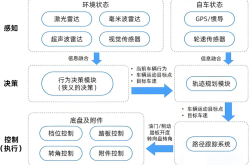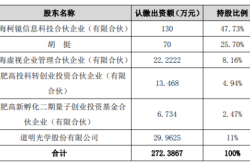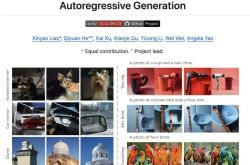BMW China's Price Increase: A Bold Strategy or a Cunning Ploy?
![]() 07/17 2024
07/17 2024
![]() 696
696
When BMW China officially announced its withdrawal from the price war and news of a price hike spread, it felt unusual. Is BMW's decision to step away from the game a straightforward, open strategy, or a cunning, hidden plot? Its true intentions have begun to emerge.
Recently, the news of "BMW China to Exit the Price War" sparked heated debate, with related topics topping trending searches. Specifically, BMW stated that the price war had led to severe losses in dealerships, prompting a strategy of reducing sales volume to maintain prices starting in July.

In response to this news, BMW China stated that in the second half of the year, it would focus on business quality in the Chinese market and support dealers in taking a steady approach. From rumors to official confirmation, everything felt like a natural progression. Too normal, in itself, is unusual.
The news of "BMW Exiting the Price War" instantly became a hot topic in the automotive industry. Many speculated whether BMW was pulling out due to financial constraints or employing a "retreat as advancement" strategy.
Guided by the principle that unusual events often harbor ulterior motives, the automotive market observer did not follow up on this news, as the automotive industry's news cycles are notoriously volatile, with reversals occurring before articles can even be drafted.
However, after a few days, the situation stabilized, and BMW dealers默契地 began raising prices, indicating that BMW's price hike was no mere rumor but a done deal.
It is understood that some BMW dealers in various cities have already started to increase prices for several models. The once-popular BMW i3, which sold for over 170,000 yuan, has now returned to a price of just over 200,000 yuan, with the BMW 3 Series and 5 Series experiencing price adjustments ranging from several thousand to ten thousand yuan.
Notably, dealers in different cities have different models and price increase amounts. It remains unclear whether this is a unified price adjustment by BMW or a phased adjustment by individual dealers. Moreover, dealers have hinted that prices may continue to rise in the future, seemingly confirming that BMW's price hike is genuine.
In fact, by now, the context of BMW's withdrawal from the price war is relatively clear. BMW China's price hike is both a straightforward, open strategy and a cunning plot.
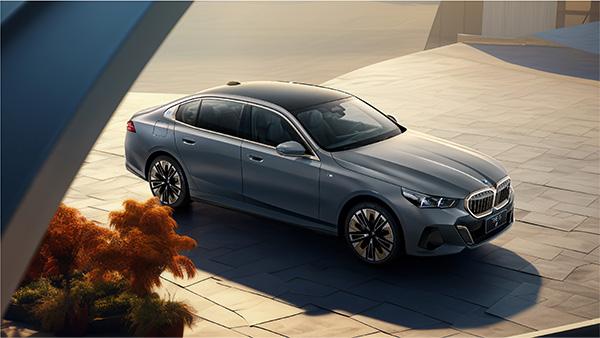
Bold Strategy.
Throughout history, compared to conspiracies, open strategies are the ones that truly leave people with nowhere to hide. BMW's announcement of a price hike was not done quietly but openly and officially, a bold strategy. Previously, BMW would also increase prices annually, but not to the extent of attracting as much attention as this year.
Currently, the automotive industry's hottest topic is the price war, with almost every public opinion event somehow related to it. Price wars are now mainstream, and one never knows when tomorrow or a price cut will arrive first. From domestic brands to joint ventures, no one has been spared.
BMW China's announcement of a price hike poured cold water on the raging price war. In the past, luxury brands disdained price wars, seeing them as the domain of mid- to low-end models. High-end consumers wouldn't care about a few tens of thousands of yuan. Therefore, luxury brands remained relatively stable, but the price wars of the past two years have disrupted this balance, leaving BBA (BMW, Benz, Audi) unable to sit back and relax.
Of course, besides the impact of price cuts themselves, luxury brands' unsuccessful transformation towards electrification and intelligence is also an important factor. Although BBA has launched many electric models, most have failed to make a significant impact. Hence, when the BMW i3 dropped to over 170,000 yuan, it suddenly seemed like a steal.

There are no cars that cannot be sold, nor prices that cannot be achieved.
However, price wars come with declining profits, leaving manufacturers struggling and dealers unable to cope. This time, BMW not only increased prices but also reduced sales targets, effectively alleviating pressure on dealers.
BMW China will focus on business quality and support dealers in taking a steady approach. Car sales are not just about selling new cars but also about after-sales service. Luxury brands' prestigious services to consumers require dealers to deliver. Therefore, dealers and manufacturers share a symbiotic relationship.
The reason this is called a bold strategy is that the news of the price increase will urge potential BMW customers to place orders. Tesla has also announced price increases, creating a sense of urgency at the end of quarters, encouraging customers with high purchase intentions to make decisions quickly.
Not only does this give dealers a breather, but BMW has also shifted the pressure to competitors. I've raised my prices first; you can do as you please! What will Audi and Mercedes do? Follow suit or seize market share? It's a tough decision. Latest news indicates that Audi and Mercedes have also started raising prices.

Will BBA's price hikes trigger a chain reaction? Facing relentless competition and price wars, domestic brand dealers are suffering. Recently, brands like Geely and Great Wall have criticized and even publicly opposed price wars. Will brands cease hostilities or continue the next round of price cuts?
Now that BBA has started raising prices, will domestic brands follow suit or lower theirs in the second half of the year? A bold strategy is just that: something you have to face.
Cunning Ploy.
The news of BMW China's price hike started as a rumor and was later confirmed by BMW China, a seemingly reasonable process that nonetheless hints at a cunning ploy.
Whether BMW China's price hike is a unified increase or set by individual dealers, and by how much, remains unclear. BMW China can adjust official prices uniformly but cannot dictate the final prices at 4S stores, as that would be illegal. However, BMW China has not announced any official price reductions.
Not officially reducing prices allows BMW 4S stores to set their own prices, ultimately determined by the market rather than BMW China. So, unless BMW China uniformly raises prices, talk of a price hike is merely a smokescreen.
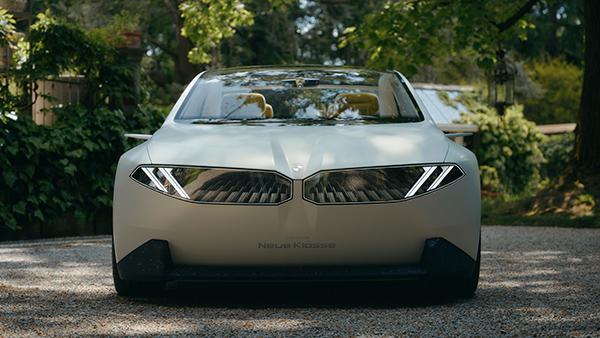
Meanwhile, prices vary among 4S stores, with final prices for a specific model differing by thousands to tens of thousands of yuan. Such fluctuations are relative to the local final prices, as market prices are inherently volatile.
Brands deeply involved in price wars, like BYD, offer official price reductions that are tangible rather than hidden battles among dealers.
Another aspect is that this year, many automakers have denounced price wars and internal competition, even publicly criticizing them. BMW China's announcement of withdrawing from the price war undoubtedly exacerbates tensions among domestic brands.
Another hidden agenda is BMW's declaration of sovereignty in the luxury brand market. While BYD has pricing power below 200,000 yuan, BMW intends to maintain its stronghold in the luxury segment, freely adjusting prices as needed.
Whether a bold strategy or a cunning ploy, BMW China is unlikely to sabotage its own efforts.
BMW China's so-called withdrawal from the price war is more like a PR move aimed at enhancing brand value. Facing domestic brands' price wars, a brand like BMW must not only compete for market share but also maintain the tone and image of a luxury brand.
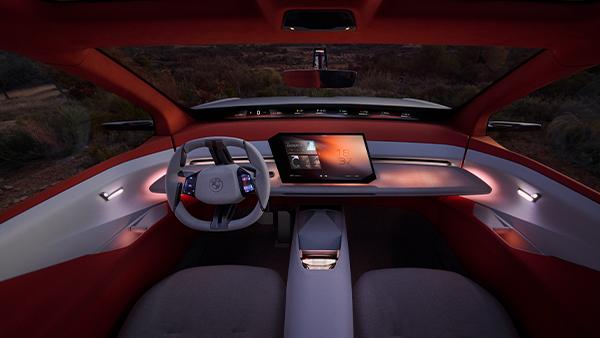
In other words, BMW must consider balancing sales, profits, and brand image. Achieving growth in all aspects would be ideal. If BMW fully withdraws from the price war, it risks being forgotten by the market, potentially losing sales and fading into obscurity. This would not only erode sales but also damage the brand image.
Therefore, this so-called withdrawal from the price war is more like a PR move for brand image, emphasizing BMW's pricing power in the luxury market.
However, whether a bold strategy or a cunning ploy, nothing beats improving products. In recent years, electrification and intelligence have become mainstream in the Chinese market, leaving luxury brands struggling to keep pace while domestic brands thrive. From BYD's dominance to NIO, XPeng, and Li Auto's high-end breakthroughs to Huawei's HarmonyOS Intelligent Driving's late arrival, the competition is fierce.
If BMW's electric vehicles cannot break through, who cares if you lower or raise prices?

